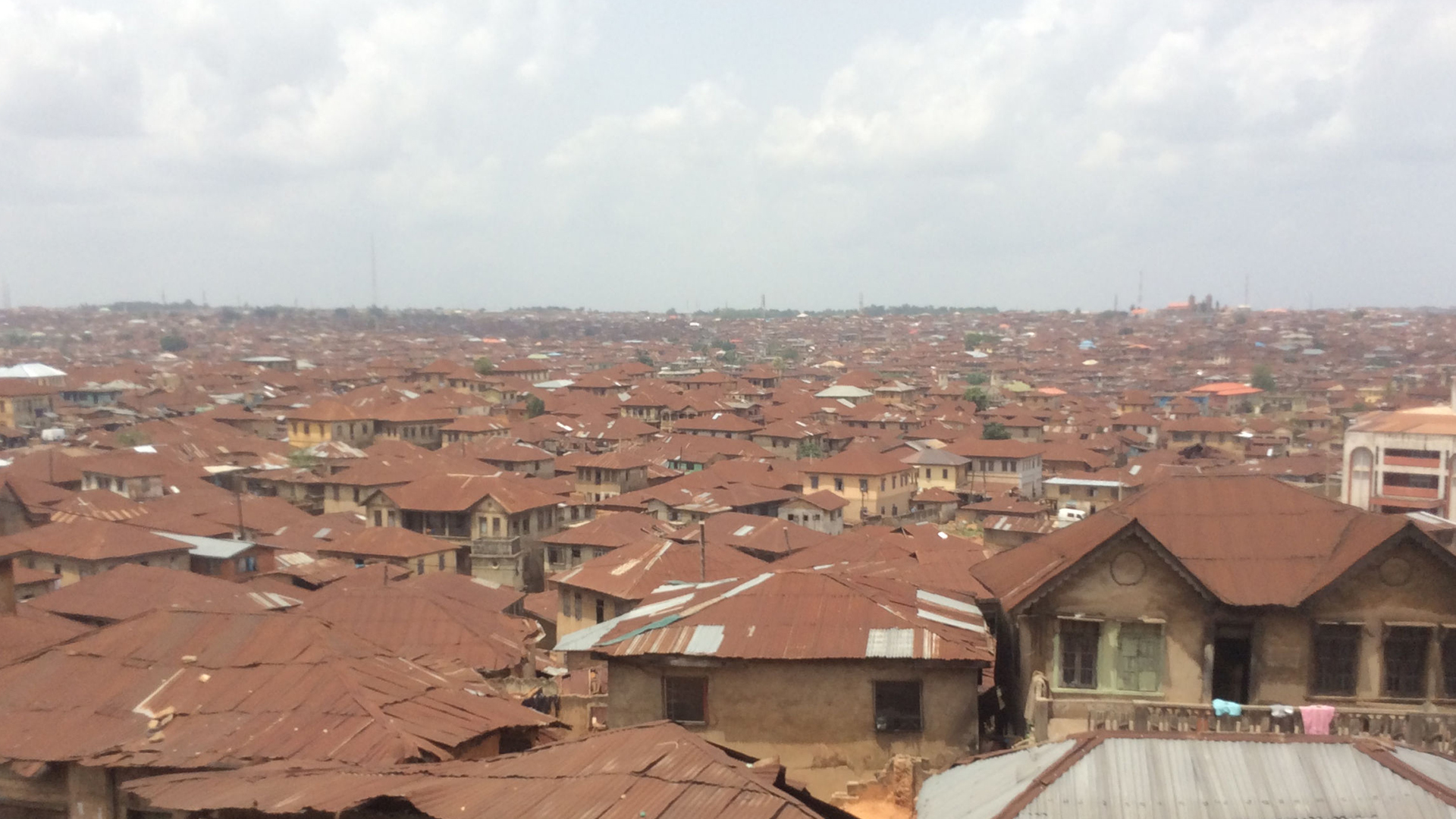Nigeria is struggling with a major shortage of housing, especially in the cities. Improving housing provision in Nigeria calls for concerted efforts from both the formal sector and the sizeable informal sector, concludes Job Taiwo Gbadegesin in his dissertation.

Recent years have seen a sharp rise in the shortage of homes in Nigeria. In 1991, there was a shortage of about 8 million homes. By 2001, this had increased to more than 16 million homes. There has also been no clear diagnosis of the problems that takes account of housing provisions in both the formal and informal sectors. This means it is virtually impossible to determine a framework for potential solutions. Housing provision in Nigeria must be improved and the government has an important role to play in this. The challenge not only relates to the amount of available housing, but also to its quality. Because of this, the shortage of homes must be approached from a dual institutional perspective. Both the formal and sizeable informal sectors need to become involved in generating solutions.
Background to housing shortages
Understanding the housing problems that Nigeria faces starts with the basics: identifying what lies behind the housing shortages. Gbadegesin took stock of the housing situation in Nigeria, taking account of the relationship between the country’s political, demographic and economic developments.
Formal housing sector
Many households are unable to access the formal housing sector because of low income, institutional barriers and a lack of continuity in government policy. This sector is characterised by complex procedures and protocols relating to building regulations, planning permission and finance. Problems also often emerge relating to the purchase of land: the families of traditional landowners lay claim to land purchased and it can be extremely difficult to obtain formal ownership rights. As a result, the formal sector in Nigeria is accessible only to higher income groups.
Informal housing sector
A fall in house-building in the formal sector has contributed to the growth of housing in the informal sector. Many of the problems relating to housing provision are concentrated in this sector. The informal sector is not covered by government policy and only limited information about it is available. One of the recommendations made in the thesis is therefore that the government introduces a social housing sector, focusing on affordable housing for people on lower incomes. In addition, educational programmes could be set up, highlighting the importance of construction quality standards and ‘safe’ building for home-owners, both owner-occupiers and landlords.
The informal sector also faces similar problems with the purchase of land to those in the formal sector. Gbadegesin therefore concludes that a revision of the Land Use Act, to enable traditional forms of land ownership also to be regulated, could be a potential solution. Formalising ‘informal’ land ownership for existing homes should also be regulated, at low cost.
Finance
House-building is generally financed by means of informal cooperative types of saving, supplemented by loans from family. Since it is often impossible to arrange the finance for the purchase of land and the construction of a home all in one go, many homes are built 'incrementally' over a period of several years. Labour and materials are also arranged informally.
The introduction and monitoring of subsidies for the construction and maintenance of homes could make quality housing possible for many households. Cooperative forms of finance could also be formalised. If the existing public-private partnership programme is extended, lower income groups could also benefit from it.
Other countries with informal sectors as examples
Nigeria could benefit from experiences gained in other countries with large informal housing sectors. In South Africa and Brazil, for example, there are programmes aimed at legalising informal settlements, bringing them into the formal sector, and at improving the current provisions in informal settlements. These programmes are based on collaboration between government bodies, residents, NGOs, and private parties, and receive technical, financial and administrative support. Building and improving public provisions, such as roads, sewers and running water, in existing informal neighbourhoods and communities in collaboration with owners and residents, could also be tackled in Nigeria.In Mexico, a great deal of experience has been gained in legalising informal land use. Although this has not solved all problems, the approach has proved successful in several cities. On a limited scale, Mexico is also attempting to incorporate existing informal forms of housing finance within formal finance institutions.
